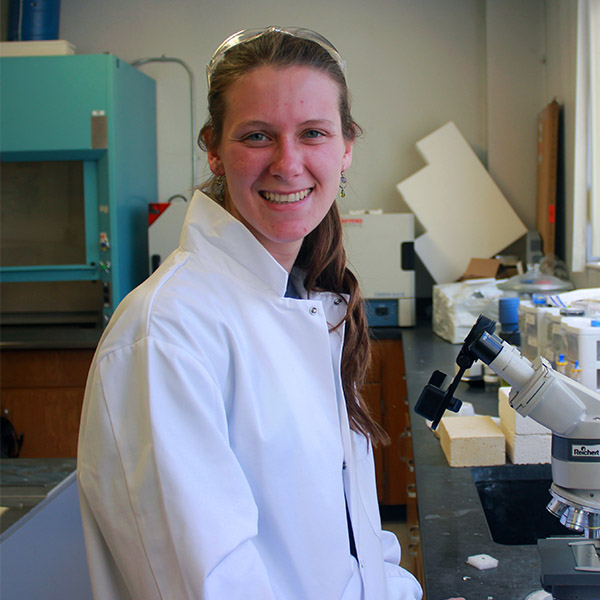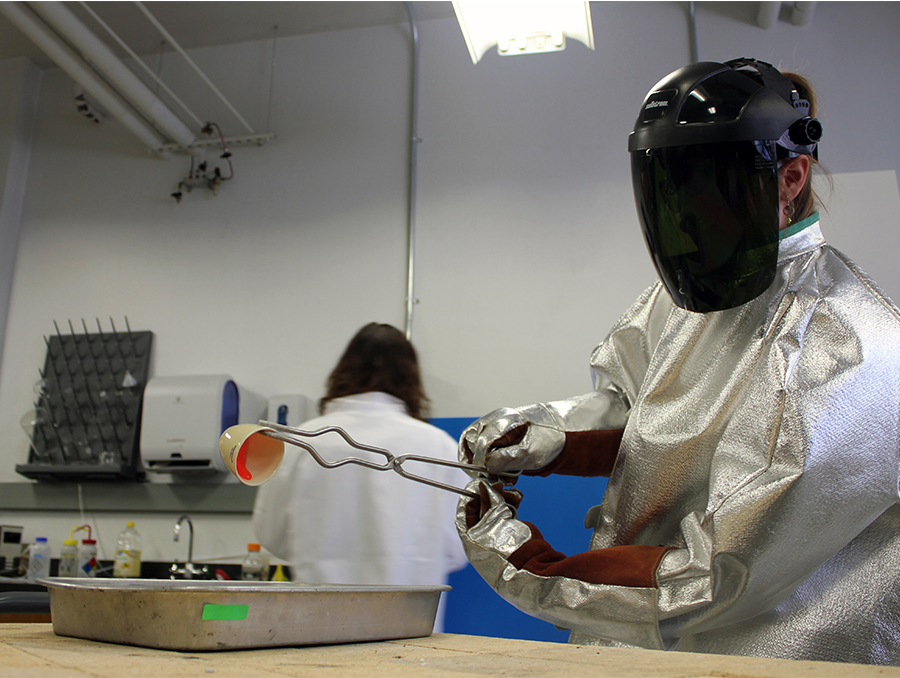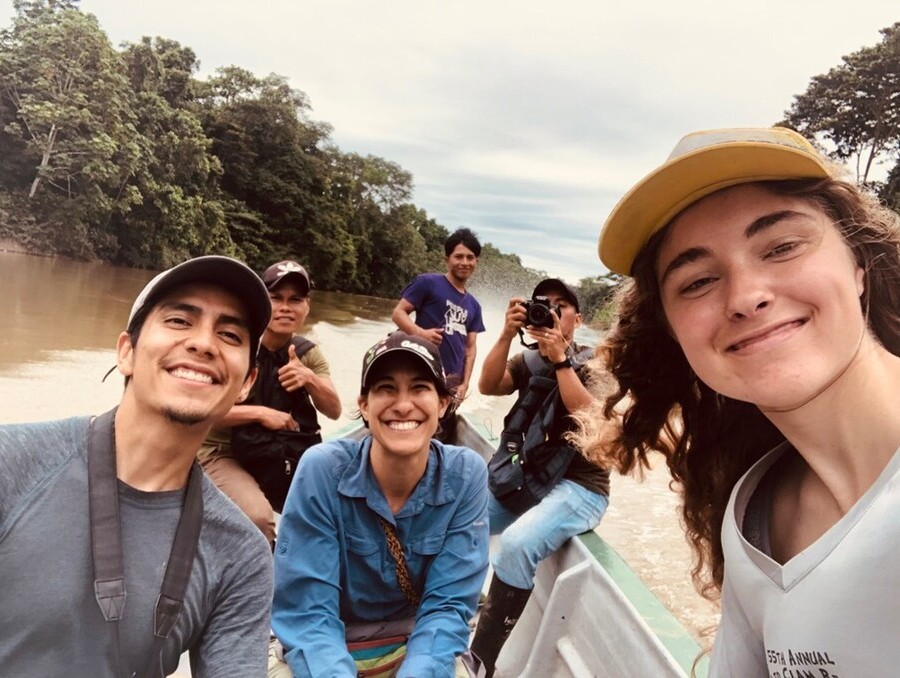College is about exploring: so goes the aphorism found in recruitment pamphlets.
For College of Engineering junior Abbey Hageman, whose interests range from nuclear power to biomaterials, it’s a way of life.
This June, her attention will focus on nuclear power policy as she heads to Washington, D.C. to participate in the nine-week Washington Internship for Students of Engineering (WISE) program. She is one of a handful of students from across the nation to participate in WISE this summer. To be selected, students must be nominated by one of the engineering societies that sponsor the program: in Hageman’s case, that was the American Nuclear Society (ANS).

“It offers a unique opportunity to meet legislators and learn about the legislative process,” Chemical & Engineering faculty member Nick Tsoulfanidis, who taught Hageman last spring, said.
During the WISE program, Tsoulfanidis wrote, participants attend a series of seminars to learn how government officials make decisions on complex technological issues and how engineers can contribute to legislative and regulatory policy issues. Each intern completes an independent research project and paper dealing with a technology policy issue.
Hageman also has a little inside information on WISE — her brother, Matthew Hageman, a graduate student at Oregon State University, went through the program last year.
“Life is funny,” she said about the coincidence.
Pursuing many interests
Hageman, who is majoring in materials science with minors in math and mechanical engineering, has a wide range of academic and personal interests. Nuclear power caught her attention after taking Tsoulfanidis’ Nuclear Materials class last spring. She became involved with the student chapter of ANS and even developed a program for middle school-aged Girl Scouts to help them earn the Get to Know Nuclear badge. In April, she attended the ANS Student Conference in Knoxville, Tenn.
She fits in time to pursue other interests: Wolf Pack Marching Band, Society of Women Engineers, Engineering Earthquake Research Institute and Material Advantage, a student program for materials science and engineering. In February, she added another activity: research assistant for Chemical & Materials Engineering Associate Professor Krista Carlson.
And so, these days in Carlson’s lab, Hageman has been making microspheres — small, spherical particles made from glass — for use in biomedical applications; in this case, dental pulp capping materials used in an attempt to prevent root canals.
This work has led to an interest in biomimetic materials: the development of synthetic materials that mimic natural materials.
It’s a lot, but Hageman seems determined to make it work.
“I’ll sleep when I’m dead,” Hageman joked.
















